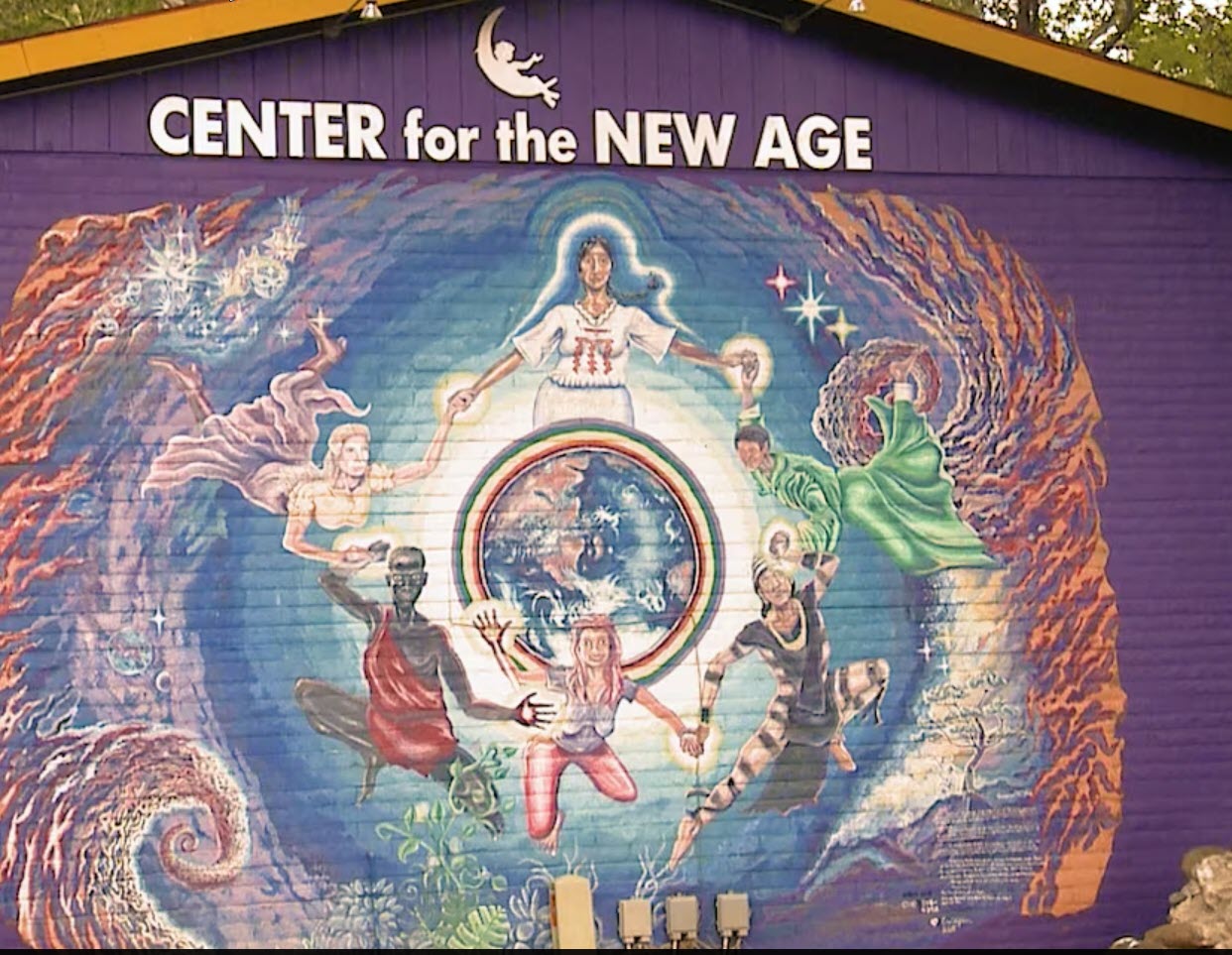Throughout the 20th century, religion re-emerged as a significant factor in shaping human lives and diverse societies and communities' cultural and political landscapes. The New Age movement, the rise of religious fundamentalism and radical Islam, postmodern theology, the spread of mystical and meditative practices, the global village as a marketplace of religions, the relationship between religion and the modern state, religion and the economy of the free market, the growth of social networks, and attitudes towards religious minorities have all profoundly influenced billions of people worldwide. These phenomena now occupy a central position in global cultural and political discourse. In Israel, these developments also play a pivotal role in shaping society and politics.
Academic research is also in flux, striving to investigate these phenomena' full scope and complexity. This field is still in its infancy, offering rich opportunities for exploration and analysis.
In the final decades of the 20th century and the dawn of the 21st, religion has once again become a central factor in human affairs. Religious fundamentalism in its various forms, the New Age phenomenon, the impact of religion on politics, and the question of religious minorities in postmodern societies are at the heart of global cultural debate. The influence of these phenomena is also evident in Israeli culture and society. Academic research on these topics is still in its early stages.

